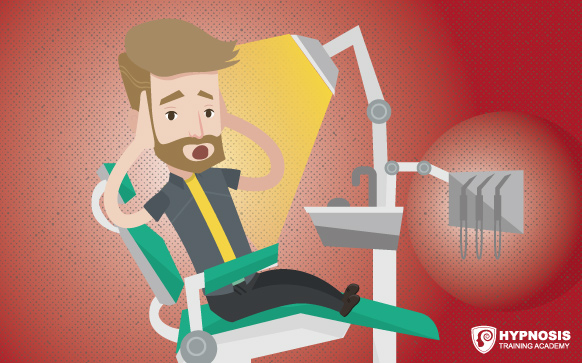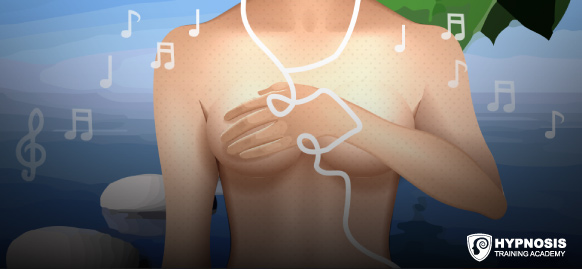“Does hypnosis really work or is it just pseudoscience?”
You tell them yes, without hesitation. But you’ve just stumbled into a trap and you didn’t even realize it.
They then ask you: “So you’re saying it is pseudoscience?” You quickly try to clarify “No, I meant that yes, hypnosis does really work”.
“Okay… do you have any examples of scientific studies about it?”
“Um…well…actually…” You’re scrambling in your mind.
For the first time it dawns on you…you don’t actually have any credible proof to continue this conversation. Except for what you’ve seen first hand. And what you’ve heard passed around in your hypnosis circles.
Fear not weary Internet traveler. We’ve stepped up to the plate to help you in your search. We’ve painstakingly dug through all the research we could get our hands on and we’ve been able to unearth 19 promising studies.
So make sure to bookmark this page right now. You’ll want to share this article the next time someone asks you “So, do you have any proof?”
Don’t worry, we’ll wait.
Ok, done? Good, let’s get started.
1) Functional Changes In Brain Activity After Hypnosis In Patients With Dental Phobia

This is a truly ground-breaking study. It’s the first one to study the effects of various areas of the brain before and after hypnosis in people with dental phobias.
While it’s a relatively small sample size, it’s a push in the right direction. Out of the 24 people involved in the study, 12 were dental phobics and the other 12 were the control group.
This study illustrates the fact that anxiety-provoking stimuli can be reduced via hypnosis. This includes the actual dental surgery, endodontic treatments, and a low amount of anesthesia.
It also shows that the fear centers of the brain changed as well.
Using fMRI (function magnetic resonance imaging) various fear structures of the brain were researched.
The conclusion so far is hypnosis is a powerful method inhibiting reaction of fear circuitry structures in dental phobics.
2) The Effects Of Hypnosis & Music: Breast Biopsy

When it comes to hypnosis or music helping to reduce the anxiety of getting a breast biopsy – hypnosis wins hands down.
For this study, 75 breast biopsy patients were randomly assigned to 3 different groups. A control group, a music only group and a hypnosis/music group.
Before the breast biopsy the group exposed to music had less stress and anxiety. Here’s where it gets interesting – the hypnosis with music group had a reduction in stress, anxiety, depression, and an over increase in optimism.


![[HYPNOTIC GUIDE] The Top 10 Hypnosis Trends In 2017 & What They Mean For You As A Hypnotist [HYPNOTIC GUIDE] The Top 10 Hypnosis Trends In 2017 & What They Mean For You As A Hypnotist](https://blogger.googleusercontent.com/img/b/R29vZ2xl/AVvXsEiAwkJHCJFDUOt5lKM8GSeDbSCEqKSOU_IAlovzXzVIJbATMhtWSbm3GoVdp0YeG9JNVQcxt1-GWsUOZxKCsHPD8fdkyVUuzocbJ7uleC4Fw8wBIhMFgsY55NMltyRteIuPJ7huauLJ_w8/s1600/hypnotic-trends.jpg)

